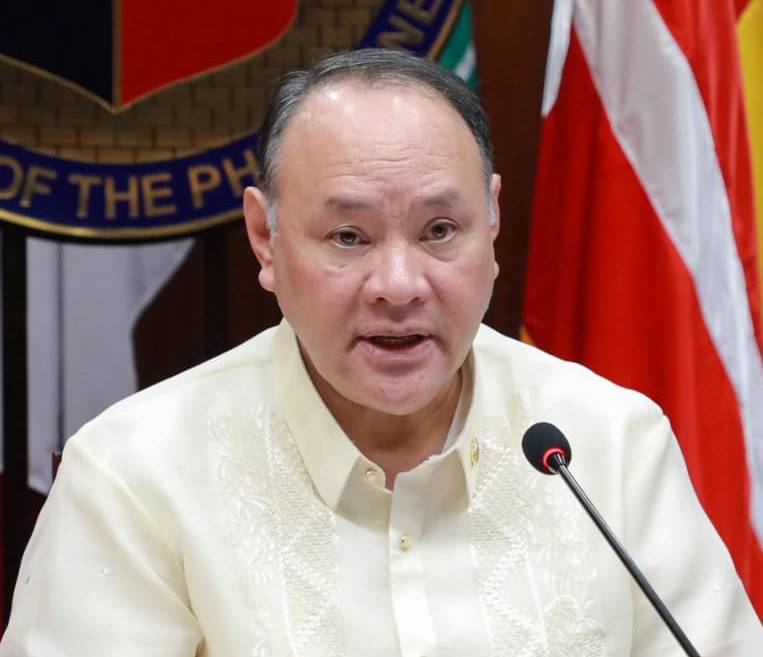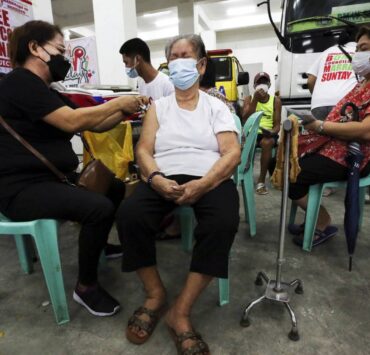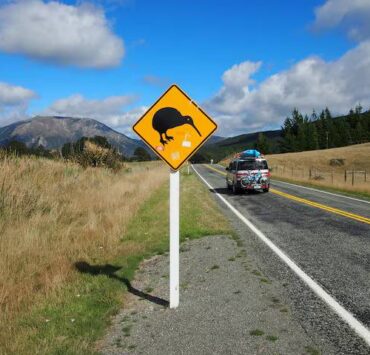PH, New Zealand eye military deal soon amid China concerns

Officials said the Philippines and New Zealand are expected to conclude a visiting forces agreement within the year as the former continues to shore up support from more like-minded partners amid growing tensions between Manila and Beijing in the South China Sea.
Defense Secretary Gilberto Teodoro Jr. said the negotiations for the key defense pact could finish “within the first semester of the year.”
“We’re now on the phase of alliance building, strengthening alliances, so the Sovfa (status of visiting forces agreement) with New Zealand is an important part of … both countries’ and multilateral countries’ initiatives to resist China’s unilateral narrative to change international law,” he told reporters on the sidelines of the Waitangi Day reception in Makati City last week.
China claims nearly entirely the South China Sea and has seized control of some disputed features from the Philippines, and deployed maritime militia, oil rigs and fishing fleets into the exclusive economic zone of its neighbors. An international arbitration tribunal ruled in 2016 that China’s claims have no basis under international law, a decision Beijing has refused to recognize.
The Philippines and New Zealand officially started negotiations for the Sovfa on Jan. 23 in Manila. The delegations were led by Defense Undersecretary Pablo Lorenzo and his counterpart Defense Director Kathleen Pearce.
The Sovfa will see increased deeper defense cooperation and allow both countries to hold exercises in each other’s territories.
Manila already has similar agreements with Washington and Canberra, while a deal with Tokyo has yet to be ratified by their parliament. Negotiations are also ongoing with Canada and France.
‘Deeply concerned’
Sources said it was possible that New Zealand would conclude negotiations ahead of Canada, which is in the final stages of discussions of a similar deal with the Philippines.
“There is a strong political commitment to conclude a status of visiting forces agreement,” New Zealand Ambassador Catherine McIntosh said in the same event with Teodoro.
“We are deeply concerned by the current developments in the West Philippine Sea and New Zealand has been consistent in our messages around de-escalation of tensions,” she said.
Like Manila, Wellington is a close security partner of Washington.
New Zealand and the United States are also close strategic partners and members of the Five Eyes intelligence alliance, which includes Australia, Canada and the United Kingdom.
Joint patrols
Last September, New Zealand joined for the first time a “maritime cooperative activity”—another term for joint patrols and exercises—with the Philippines, Australia, Japan and the United States in the West Philippine Sea as part of its efforts to demonstrate its support for “a peaceful and prosperous Indo-Pacific.”
The defense ministries of both countries also signed in June last year a “mutual logistics supporting arrangement,” a precursor to the Sovfa.
“The agreement establishes a process for reciprocal provision of supplies and services during combined exercises and training, UN peacekeeping operations, humanitarian and international relief operation or operations to cope with large scale disasters,” Richard Schmidt, New Zealand Ministry of Defense’s deputy secretary for policy and planning, told the Inquirer last November.
“The agreement has already proven useful when a Philippines naval vessel recently conducted replenishment at sea approaches with the New Zealand naval vessel HMNZS Aotearoa,” he said, referring to the 26,000-ton auxiliary ship of the Royal New Zealand Navy.

















